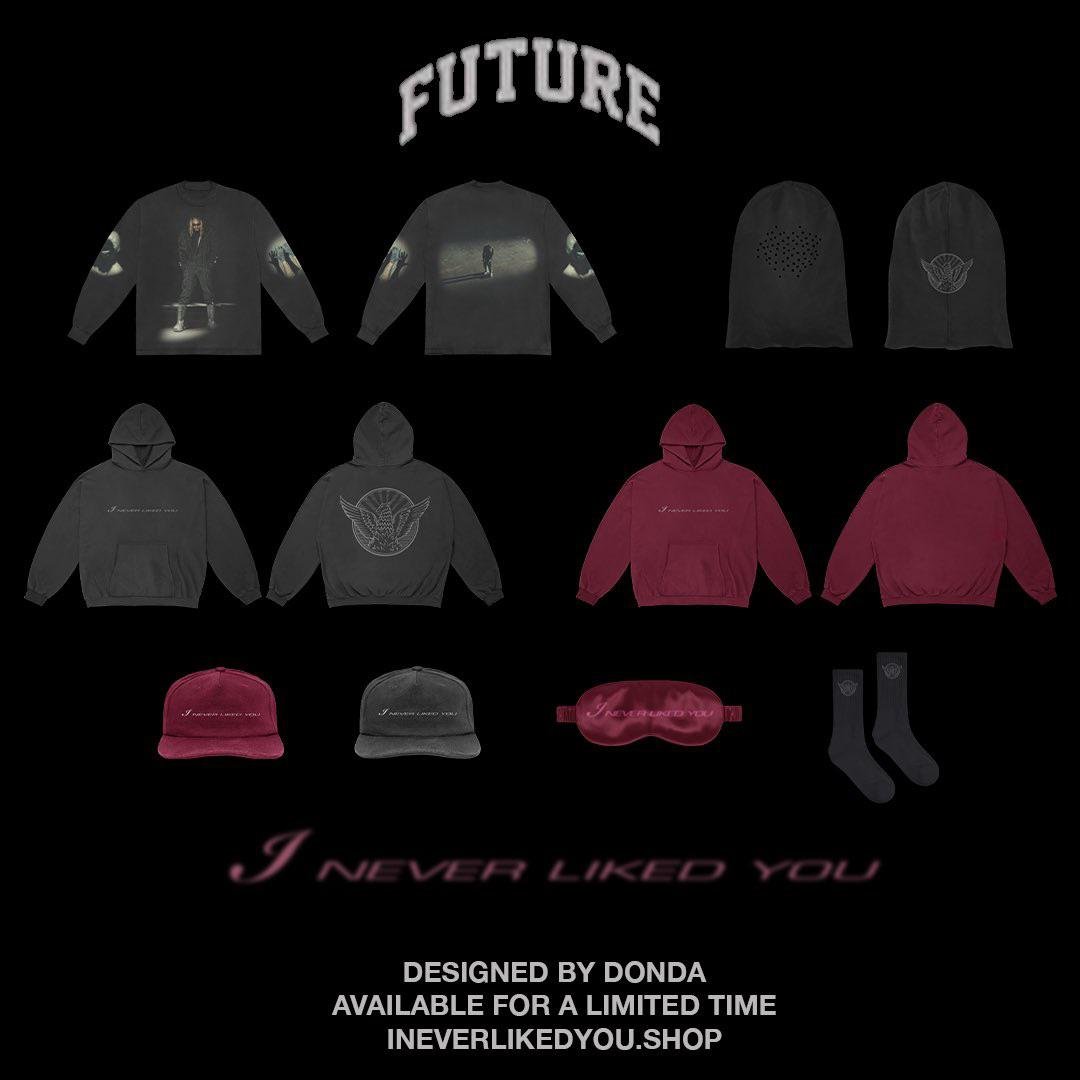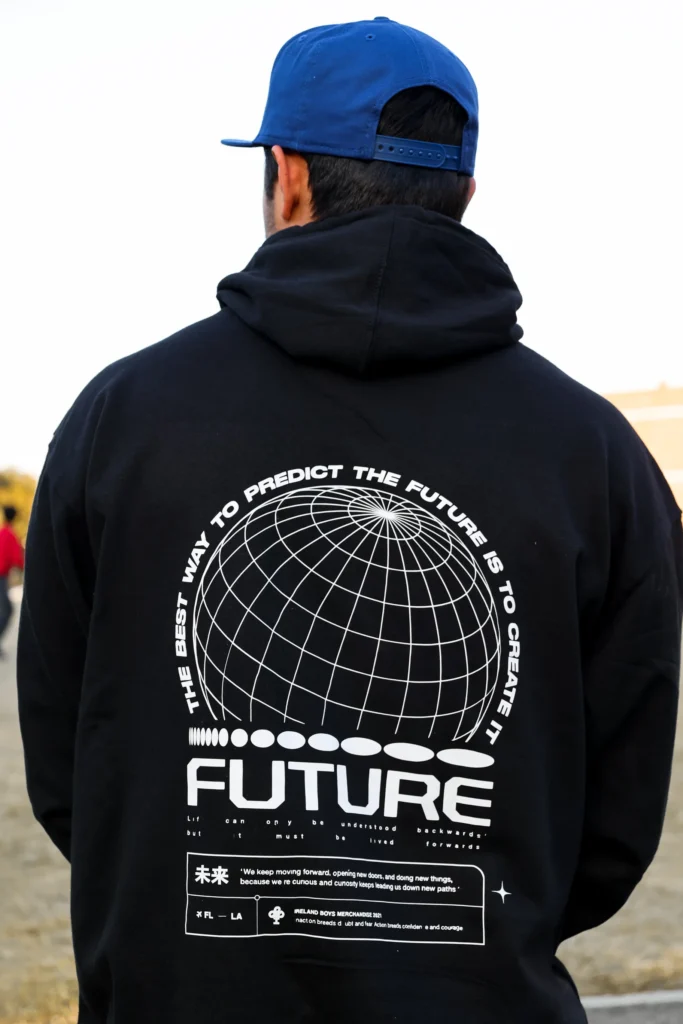Future Merch: Trends and Innovations in the Retail Industry

As the world evolves, so does the way we shop and consume products. Future merch is not just about the items on the shelves; it encompasses the entire shopping experience, driven by technological advancements and changing consumer behaviors. This article explores the future of merchandise, highlighting trends such as sustainability, personalization, and the impact of technology on shopping experiences.
In recent years, consumers have become more aware of the impact of their purchases on the environment. As a result, businesses are increasingly focusing on sustainable merchandise that minimizes waste and promotes eco-friendly practices. Additionally, advancements in technology, such as augmented reality (AR) and artificial intelligence (AI), are transforming how consumers interact with products, making shopping more engaging and personalized. Understanding these trends will help businesses adapt to the changing landscape of retail.
The Shift Towards Sustainable Merchandise
The Importance of Sustainability
Sustainability has become a key focus for consumers and businesses alike. More people are considering the environmental impact of their purchases and are demanding products that are ethically sourced and produced. As a result, companies are responding by incorporating sustainable practices into their operations.
Businesses are increasingly adopting eco-friendly materials and processes to reduce their carbon footprint. For example, many brands are now using recycled materials in their packaging and products. This shift not only helps the environment but also attracts eco-conscious consumers who are willing to pay more for sustainable goods.
The Rise of Ethical Brands
In addition to sustainability, consumers are also looking for brands that align with their values. Ethical brands prioritize fair labor practices, transparency, and community involvement. These brands often provide consumers with information about their sourcing and manufacturing processes, allowing customers to make informed choices.
Shoppers are more likely to support brands that demonstrate a commitment to social responsibility. This trend has led to the rise of small, independent brands that focus on ethical production and environmental stewardship. Major retailers are also taking note and are starting to offer more sustainable and ethically sourced products in their stores.
Personalization in Future Merchandise
The Demand for Personalized Products
In today’s market, consumers are seeking more personalized shopping experiences. They want products that cater to their individual tastes and preferences. As a result, businesses are increasingly using data analytics and AI to tailor their offerings to specific customer needs.
For example, online retailers can analyze past purchasing behavior to recommend products that align with a customer’s interests. Personalized marketing campaigns, such as targeted emails and advertisements, also help brands connect with consumers on a more personal level. This level of customization enhances the shopping experience and encourages customer loyalty.
The Role of Technology in Personalization
Technology plays a crucial role in enabling personalization in merchandise. Virtual fitting rooms, for instance, allow customers to try on clothes virtually, helping them find the right fit and style without leaving their homes. Augmented reality apps let consumers visualize how products will look in their space, making it easier to make purchasing decisions.
Additionally, AI-powered chatbots can provide personalized assistance to shoppers, answering questions and offering recommendations based on individual preferences. These technological advancements create a seamless shopping experience that caters to the unique needs of each consumer.

The Influence of Technology on Retail
E-commerce and Its Growth
The rise of e-commerce has dramatically changed the retail landscape. Online shopping offers convenience and accessibility, allowing consumers to browse and purchase products from anywhere at any time. This shift has prompted businesses to invest in their online presence and create user-friendly websites.
As e-commerce continues to grow, retailers are exploring new ways to enhance the online shopping experience. Features such as virtual reality showrooms and live-stream shopping events are becoming more popular, providing customers with immersive experiences that replicate in-store shopping.
The Future of In-Store Experiences
While online shopping is on the rise, brick-and-mortar stores are not becoming obsolete. Instead, they are evolving to provide unique experiences that cannot be replicated online. Retailers are redesigning stores to create inviting spaces where customers can engage with products and services.
For example, stores may incorporate interactive displays, workshops, and events to draw in customers and enhance their shopping experience. This focus on experience over mere transactions encourages consumers to visit physical locations, fostering brand loyalty and community engagement.
Conclusion
In conclusion, the future of merchandise is shaped by sustainability, personalization, and technological advancements. As consumers become more conscious of their purchasing decisions, businesses must adapt by offering sustainable and ethically produced products. Moreover, the demand for personalized shopping experiences is growing, prompting retailers to leverage technology to cater to individual needs.
The retail landscape will continue to evolve as companies embrace these trends and innovations. By focusing on sustainability, personalization, and creating unique experiences, businesses can thrive in the competitive market of future merchandise. As we look ahead, it is clear that the shopping experience will become more engaging and aligned with consumers’ values and preferences.
FAQs
Q: What is future merchandise?
A: Future merchandise refers to upcoming trends and innovations in retail, focusing on sustainability, personalization, and technological advancements.
Q: Why is sustainability important in merchandise?
A: Sustainability is important because consumers are increasingly aware of the environmental impact of their purchases and prefer products that are ethically sourced and produced.
Q: How is personalization changing shopping experiences?
A: Personalization allows businesses to tailor products and marketing to individual customer preferences, enhancing the overall shopping experience and fostering loyalty.
Q: What role does technology play in future merchandise?
A: Technology enables advancements in e-commerce, virtual fitting rooms, and AI-driven customer service, creating more engaging and personalized shopping experiences.Q: Will brick-and-mortar stores still be relevant in the future?
A: Yes, brick-and-mortar stores will remain relevant by evolving to provide unique experiences that enhance customer engagement and brand loyalty.





